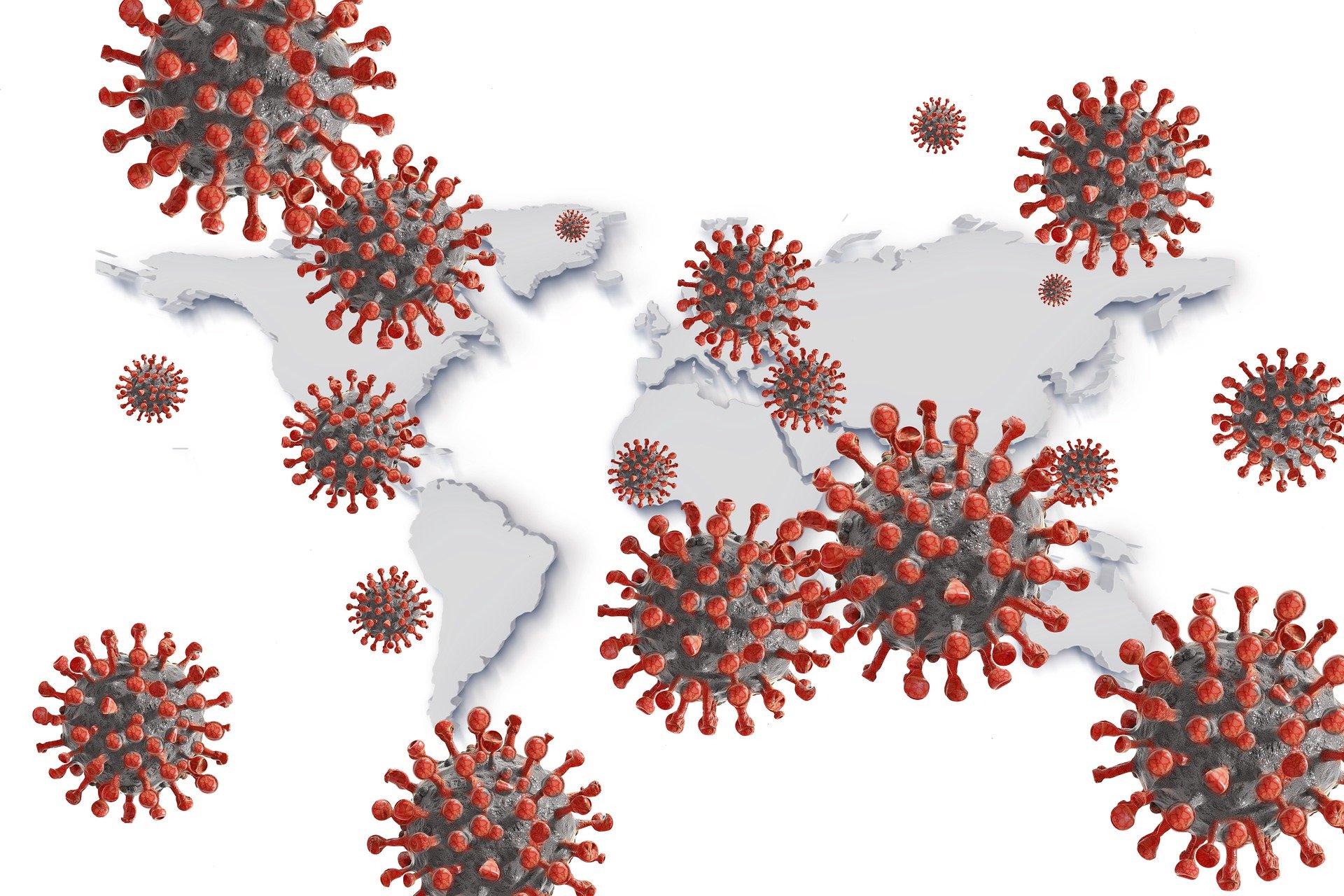COVID-19 Comorbid Risk being Discussed by Experts

Humanity is still learning about the coronavirus (COVID-19) virus. COVID-19 Comorbid risk is real. Researchers are still exploring the clinical interpretation of just how it affects people outside the realms of infectious disease. This is important to study.
Take a look at this collection of insights that were gathered by HCPLive. It will provide a better perspective on COVID-19’s burden on those that have it.
Kidney Disease Might Make COVID-19 Worse
A professor of medicine at Yale, Alan S. Kilger, talked about the many difficulties that different patients with kidney disease have to deal with when they have COVID-19.
We know that chronic kidney disease patients, including dialysis patients, are more likely to become infected. ‘And we know if infected they have a substantially worse prognosis than people without kidney disease.
Alan S. Kilger
These patients’ are at twice the COVID-19 Comorbid because their immune systems are impaired. This is important to consider. Things like dialysis are not conducive to social distancing.
As The Pandemic Progressed, so Have Opioid-Related Overdoses
Depression, social isolation, and anxiety are some of the factors that have resulted in a spike of overdoses and associated deaths in opioid addicted people.
Professor of critical care and anesthesiology Johns Hopkins, Paul Christo, talked about the US potentially surpassing 2019’s overdose related death rates. The public health and issues with society due to COVID-19 is the driving force.
I think that once we get a vaccine—which hopefully will come soon—we will see fewer opioid overdoses and fewer overdoses related to drugs.
Paul Christo
Remote Psychiatry Has Been Improved Due to COVID-19
Experts are starting to see that lockdowns and social distancing have incentivized the practice, use, and efficacy of telemedicine in the field of psychiatry.
A professor of psychiatry at Columbia University, Michael R Liebowitz, has suggested that people in need of mental health have found it much more accessible than before the never-ending virus.
We have no idea how long this is going to last and we don’t really have a clear idea of what it’s going to be like when we come out of this and how much we come out of this. There are some potential benefits that could come out of this as well.
Michael Liebowitz




